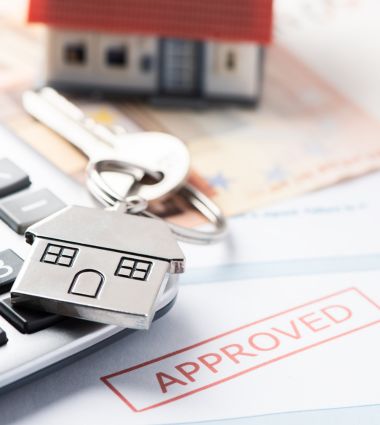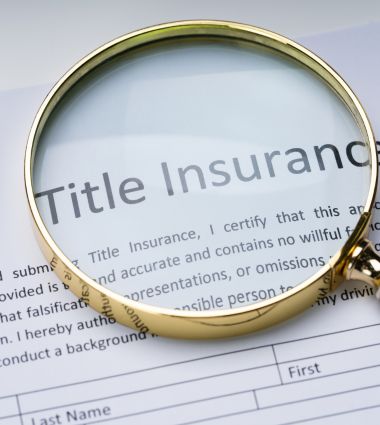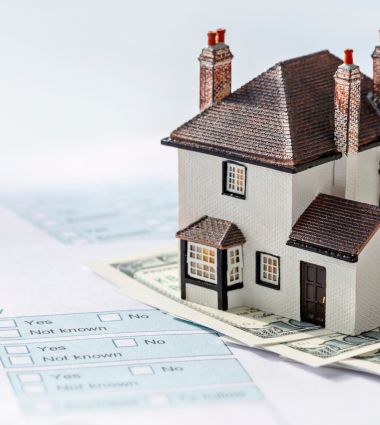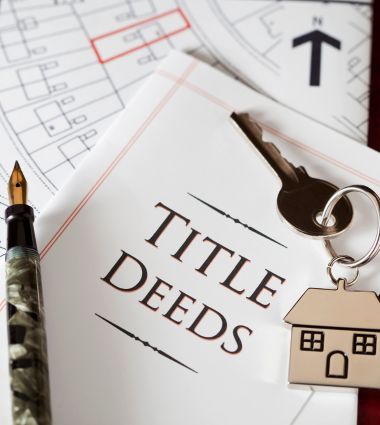Property Tax Disputes in Canada - When to Call a Lawyer
Owning property in Canada means dealing with property taxes — it’s just part of the package. These taxes aren’t random; they go toward keeping your community running smoothly, paying for things like schools, garbage collection, road repairs, and even public libraries. But what happens when your tax bill feels like it’s a bit too much? Maybe the assessed value of your home doesn’t match what you think it’s worth, or there’s a mistake on your statement that’s driving up the cost.
This is where property tax disputes arise, and they’re more common than you think they are qwertyujkl. Whether it’s an outdated record, an error in the math, or a misjudgment of your property’s value, these issues can leave you paying more than your fair share. The good news? Knowing how to tackle these disputes can save you both money and headaches.
In this post, we’ll walk you through when it’s time to call in a real estate lawyer and how they can guide you through the tricky process of fixing tax issues. From spotting errors to presenting a strong case, you’ll learn how a professional can make a frustrating situation a whole lot easier to manage.
What Causes Property Tax Disputes?
Property tax disputes happen when something about your tax bill doesn’t add up, and they can be frustrating to sort out. But understanding what might have gone wrong can help you tackle the issue head-on. Here are the most common reasons:
Incorrect Property Assessment
In Canada, property values are assessed by organizations like the Municipal Property Assessment Corporation (MPAC) in Ontario. They look at things like your home's size, age, location, and features to figure out its market value. This value is used to calculate your property tax.
But sometimes, they get it wrong. Let’s say MPAC decides your house is worth $800,000, but homes like yours in the same area are only selling for $650,000. That $150,000 difference means you’re paying way more in taxes than you should.
Errors in Tax Records
Your property details play a big role in how taxes are calculated, so even small errors can make a big impact. For example:
- Your records might say your house has four bedrooms when it only has three.
- They could list a finished basement, but yours is just storage space with concrete floors.
If these details are wrong, you might be charged for features your home doesn’t even have.
Changes in Property Use
If you’ve made changes to what your property is used for, it can affect your tax rate. For example:
- Turning part of your home into a rental unit.
- Using a residential property for business purposes.
If these changes aren’t updated in your tax records, you might find yourself being taxed incorrectly, leading to disputes.
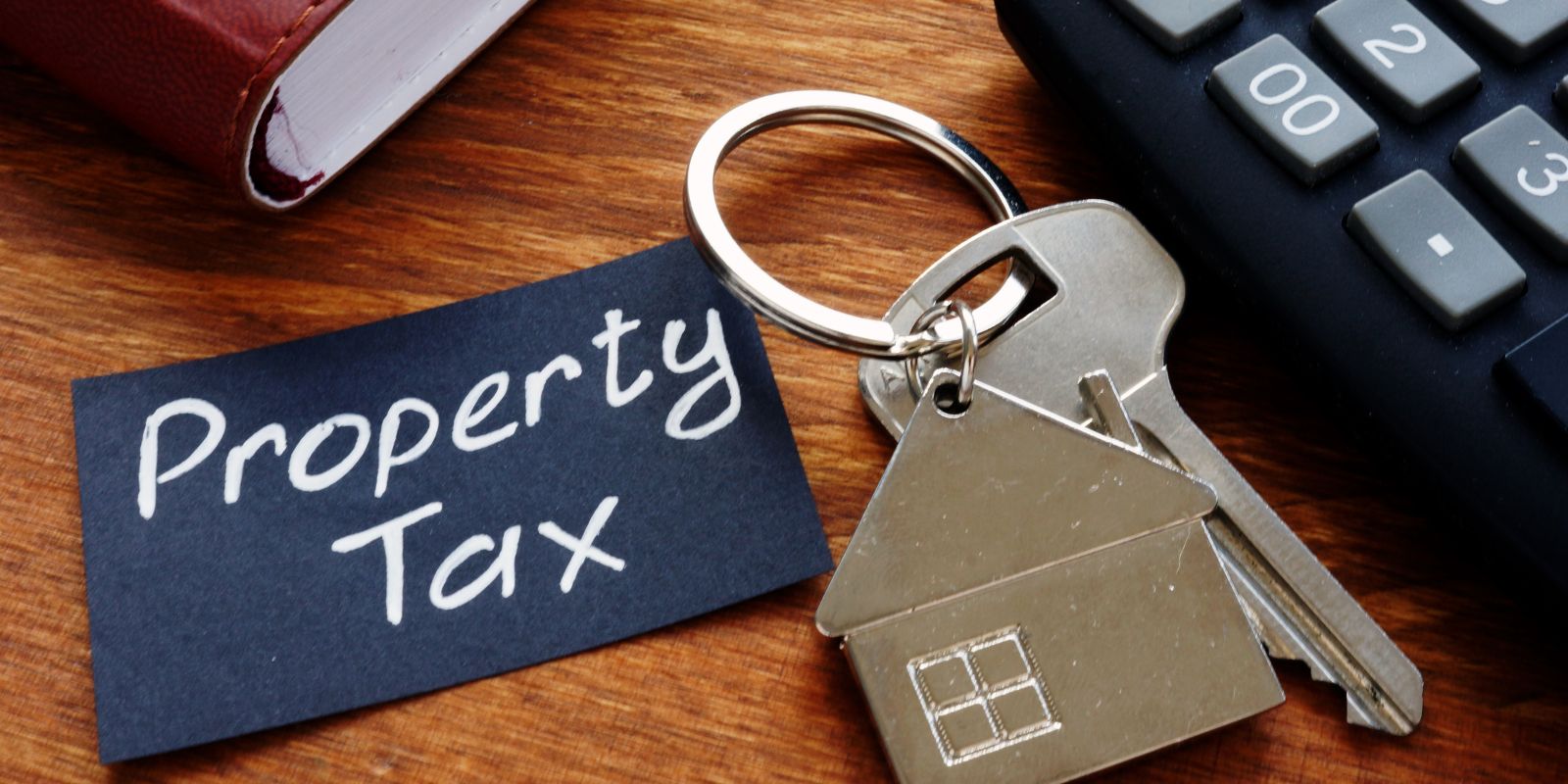
Steps to Take Before Calling a Lawyer
Before reaching out to a lawyer, there are steps you can take to resolve the issue on your own.
Review Your Assessment Notice
Carefully go through the assessment notice you received. Look for anything that doesn’t match your property, like the square footage, type of home, or features.
File a Request for Reconsideration (RFR)
If you spot an issue, you can file an RFR with MPAC (or the relevant agency). This is a formal way to ask them to review your property’s value. It’s free and a good first step.
Gather Evidence
If you’re disputing your property’s value, you’ll need evidence to back it up. This could include recent sales data for similar homes in your area, photos of your property, or a professional appraisal.
When to Call a Real Estate Lawyer
If the RFR doesn’t resolve the issue, or if the problem is more complex, it’s time to bring in a real estate lawyer.
Challenging Assessments with the Assessment Review Board
Start by going over the assessment notice you received from MPAC (or the agency responsible in your province). Look at the details carefully.
- Does the square footage match your home?
- Are the features listed accurate? For instance, does it say you have a finished basement when you don’t?
- Is the property type correct? For example, is it listed as a duplex when it’s a single-family home?
If anything looks off, make a note of it. Even small errors can lead to an inflated property value, which means a higher tax bill.
Understanding the Law
If you spot an error, your next step is to file a Request for Reconsideration (RFR) with MPAC. Think of this as asking for a second opinion on your property’s value.
The process is simple:
- You fill out an RFR form, which is available on MPAC’s website.
- You explain why you think the assessment is wrong.
- It’s free, and MPAC will review your case.
This step is like telling a teacher you think they marked your test wrong and asking them to take another look.
Dealing with Complex Issues
If you’re disputing your property’s value, you’ll need proof to back up your claim. Think of it like showing receipts for a return at a store, having solid evidence makes your argument stronger.
Here’s what you can collect:
- Comparable Sales: Check recent sales in your neighbourhood for homes similar to yours. For example, if a house down the street with the same layout sold for much less, it may show your assessment is too high.
- Photos of Your Home: If your home has issues that lower its value — like an old roof or outdated features — take clear photos to document them.
- Professional Appraisal: You can also hire an appraiser to evaluate your property. This can be especially useful if MPAC’s assessment is way off.
How a Real Estate Lawyer Can Help
Real estate lawyers aren’t just for buying or selling property — they’re also your go-to experts when property tax disputes come up. Whether it’s untangling confusing paperwork or representing you in front of tax officials, a lawyer can make the process a lot less stressful. Let’s break down exactly how they help:
1. Spot Errors You Might Miss
Tax records can be surprisingly complicated. They include details about your property’s size, condition, and use, which all affect your tax bill. But mistakes happen more often than you'd think.
For example, your records might incorrectly show that your home has a finished basement or an extra bedroom. These kinds of errors can bump up your property’s assessed value, leaving you with a higher tax bill. Lawyers have a trained eye for spotting these inaccuracies and know how to get them fixed.
2. Build a Case That Stands Up
If your dispute goes to the Assessment Review Board (ARB), you’ll need more than just a gut feeling that your taxes are too high. Lawyers know exactly what kind of evidence works.
- They’ll pull comparable home sales in your neighbourhood to show your property’s value is inflated.
- They might bring in professional appraisers to give an expert opinion.
- If needed, they’ll even dig into zoning rules or changes in your area that could affect your assessment.
Basically, they gather all the pieces you’ll need to present a solid, convincing argument.
3. Handle the Negotiations
Not every tax dispute ends in a hearing. Often, it’s possible to settle things through negotiation with the tax authorities.
This is where real estate lawyers really shine — they know how to talk to these agencies and push for a fair outcome. For instance, if you’re being taxed as if your home is in prime condition but it actually needs major repairs, a lawyer can present this evidence and work toward a reasonable compromise.
4. Save You Time and Headaches
Let’s be real: dealing with a tax dispute is stressful. There are forms to fill out, deadlines to meet, and processes to follow, all while you’re trying to figure out where things went wrong.
A real estate lawyer takes that load off your plate. They handle the back-and-forth communication, organize your paperwork, and make sure everything gets done properly. This frees you up to focus on your daily life without worrying about whether you’re missing something important.
For Toronto homeowners, property taxes are no small expense, especially with rising home prices. If your taxes are based on incorrect information, you could end up paying thousands more than you should. A local real estate lawyer understands how MPAC operates and can understand the unique challenges of Toronto’s property market.

Preventing Future Tax Disputes
Disputes over property taxes can be frustrating and time-consuming, but there are steps you can take to avoid problems down the road. Think of it like maintaining a car — keeping things in check now saves bigger headaches later.
Keep Your Records Updated
Whenever you make significant changes to your home, like building a new deck, finishing the basement, or upgrading your kitchen, let your local tax office know. These changes can affect your property’s assessed value, which directly impacts your taxes.
For example, if you don’t report that you’ve added a second bathroom, your tax records might stay outdated. Then, if the tax authority finds out later, you could end up with a hefty retroactive tax bill. On the flip side, if your records show incorrect upgrades — like listing a finished basement you don’t actually have — you might be paying more than you should. Staying on top of these updates ensures your records reflect reality.
Pay Attention to Assessment Notices
Every year, you’ll get an assessment notice in the mail. This document tells you what the tax authority thinks your property is worth. Don’t toss it in a pile of papers or leave it unopened — it’s important.
Take a few minutes to review the details. Check things like the square footage, number of rooms, and any listed features like a pool or garage. If something looks off, it’s much easier to fix it early before the tax bills pile up. Think of it like catching a mistake on a school report card — it’s better to correct it quickly rather than argue about it later.
Plan Ahead for Property Tax Increases
Property taxes tend to rise over time, especially in places like Toronto where home values are consistently climbing. While this may feel like a pain, it’s just how the system works. To avoid being blindsided by higher bills, try to plan for gradual increases.
For instance, if your tax bill was $5,000 this year, set aside a little extra in case it bumps up to $5,200 or $5,300 next year. Treat it like saving for a future expense, the same way you’d budget for replacing a roof or upgrading appliances. This way, even if taxes do go up, you won’t feel the financial pinch as much.
Why Choose Khan Law?
If you’re dealing with a property tax dispute in Toronto or anywhere in Canada, Khan Law is here to help. Our team of experienced real estate lawyers understands the ins and outs of property tax laws. Whether you’re filing an appeal, correcting an error, or dealing with a complex tax issue, we’ll work with you to find a solution.
Property tax disputes can feel like a hassle, but they’re manageable with the right approach. Start by reviewing your assessment and gathering evidence. If the issue persists, don’t hesitate to contact a real estate lawyer. They’ll guide you through the process, protect your rights, and help you get a fair outcome.
Got questions? Reach out to Khan Law today for expert advice according to your needs.
Real Estate
Family Law
Wills & Estates
Immigration
Join Our Mailing List.
Sign up with your email to receive our newsletter and stay informed about the latest legal developments and special offers.
























